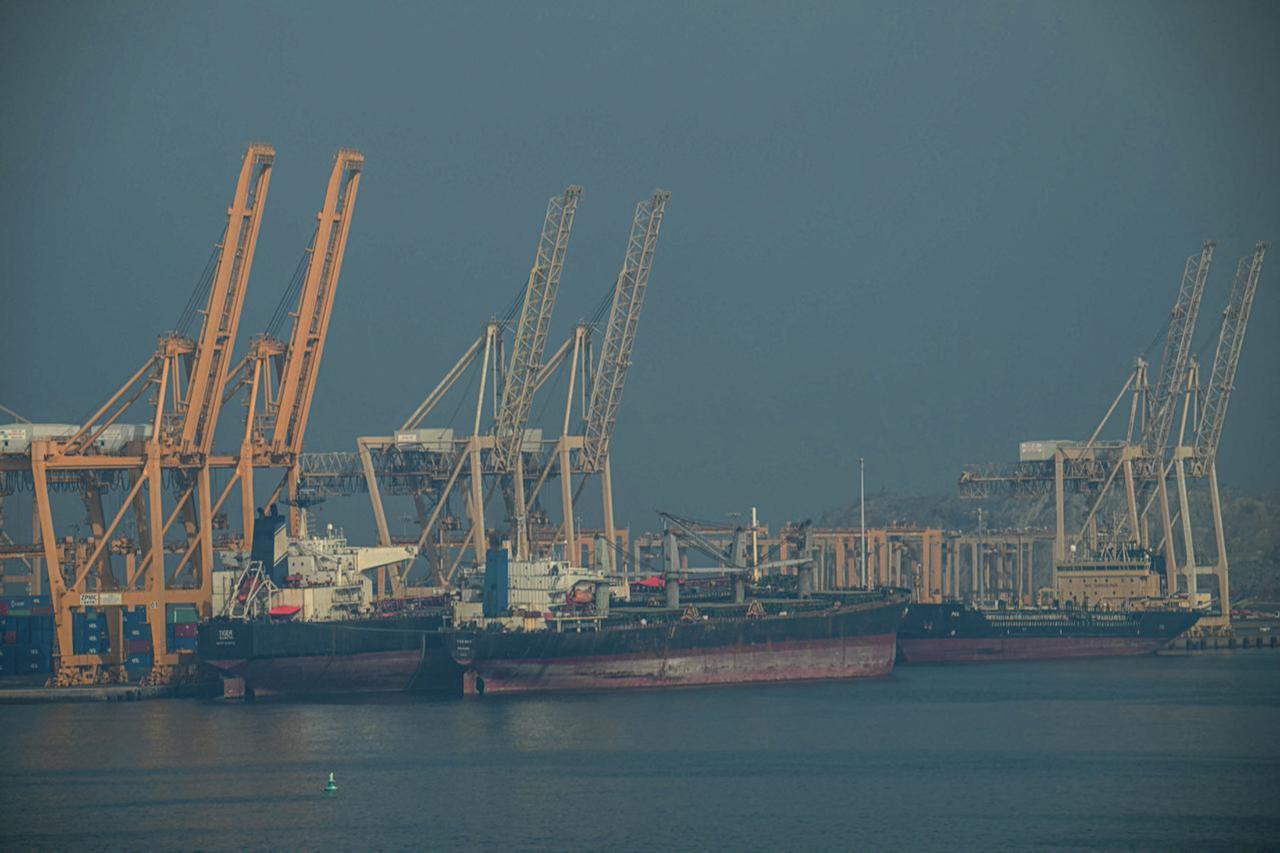
Oil prices dropped sharply last week following a three-week rally, as reports of a fragile ceasefire between Israel and Iran shifted market sentiment and reduced fears over supply disruptions. Analysts now expect crude prices to stabilize around the $60 range in the short term, assuming the current truce holds.
Brent crude had surged to $77.81 per barrel on June 23 after U.S. airstrikes targeted Iranian nuclear facilities, briefly touching its highest level in five months. However, prices reversed course after Iran's limited retaliatory strike on a U.S. military base in Qatar led traders to reassess the geopolitical risk. Brent fell by 8.5% in a single session, marking its largest daily loss since July 2022.
Further downward pressure followed on June 24 as reports of a ceasefire emerged, easing concerns about potential supply disruptions through the Strait of Hormuz—a key oil transit chokepoint through which around 20 million barrels of oil and petroleum products pass daily.
By the end of the week on June 27, Brent crude had dropped by 12.6% to $66.33 per barrel, its steepest weekly decline since March 2023. Despite this volatility, analysts believe prices could settle closer to $60 per barrel if the ceasefire endures and market fundamentals take the lead once more.
Analysts say the next moves by OPEC+—a group made up of members of the Organization of the Petroleum Exporting Countries and other producers like Russia—will be decisive. Ajay Parmar of Independent Commodity Intelligence Services told Anadolu that the market is waiting for guidance from OPEC+ ahead of its July 6 production meeting.
Until then, oil prices are expected to hold near current levels. If the group opts to raise output further, prices could dip into the mid-$60 range. Parmar added that although U.S. political pressure—especially from former President Donald Trump—to bring down oil prices has had limited influence, seasonal peak demand is still lending support.
Yesar Al-Maleki, a Gulf energy analyst at Middle East Economic Survey, noted that prices are also being propped up by strong summer demand, particularly in the Middle East where oil is used for electricity generation. He said that while Brent is now trading above levels seen in April and May, surplus projections for the winter and early next year could trigger another decline.
Al-Maleki also stressed that long-term production cannot be sustained under persistently low prices, even though recent price fluctuations have allowed U.S. producers to lock in favorable rates for the year. He described OPEC+ as the "central bank of the oil market," pointing to the group's crucial influence on supply.
While seasonal demand may lead to additional production in August, some members have already surpassed their quotas, raising doubts about the ability to meet future targets. Market watchers are now waiting to see how the alliance will adjust its output policy heading into 2026.
Jorge Leon, senior vice president at consultancy Rystad Energy, echoed a cautious outlook. He warned that oil prices may continue falling in the coming weeks, driven by reduced geopolitical risk, increased OPEC+ production, and Iran’s continued crude exports to China.
“All those elements point towards a bearish market in the weeks to come,” Leon said.